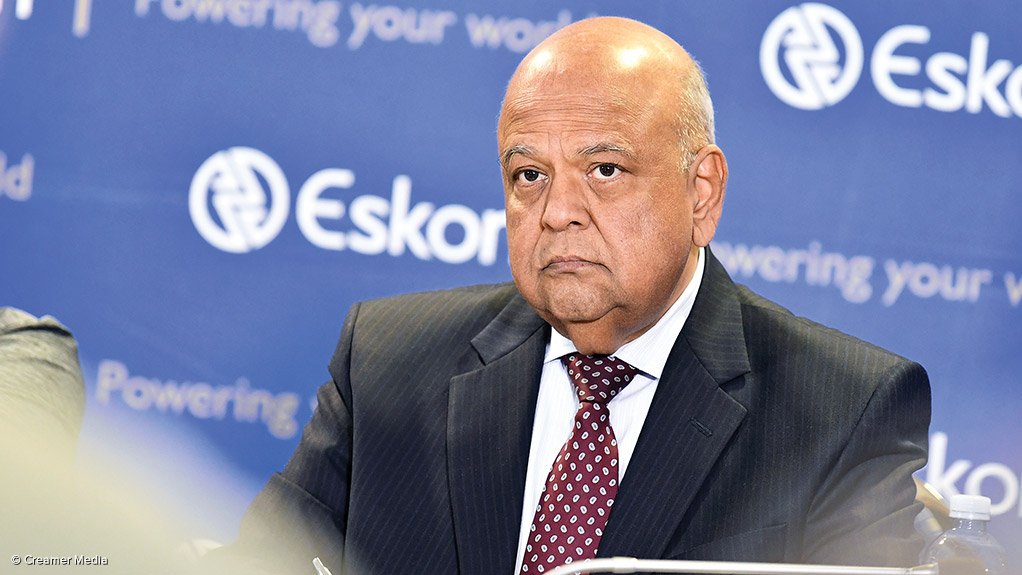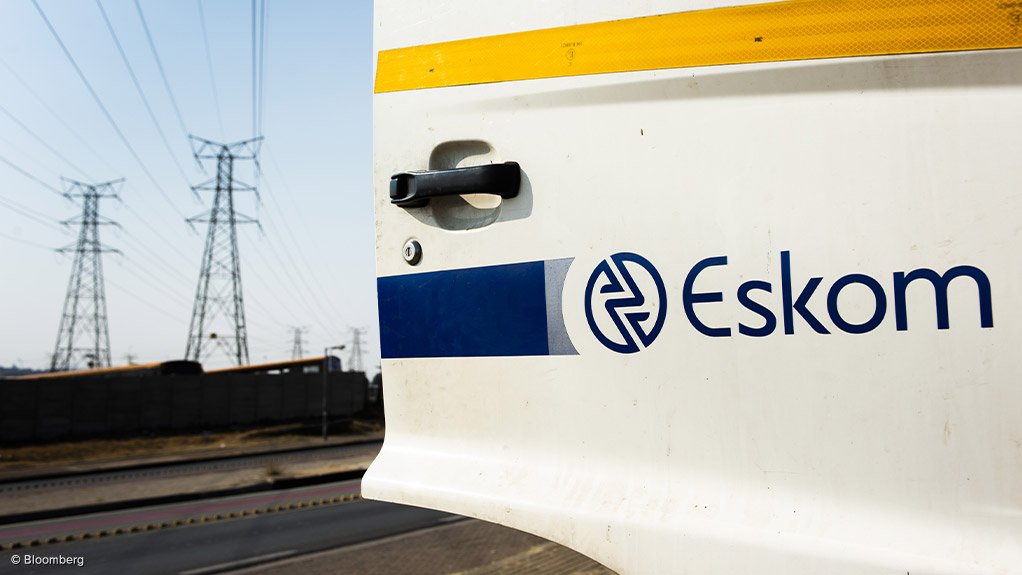Public Enterprises Minister Pravin Gordhan on Tuesday evening said he was hopeful that Eskom would be able to avoid implementing Stage 6 load-shedding for a second day on Wednesday, after the power utility and unions had reached a wage agreement earlier in the day.
Eskom on Tuesday afternoon announced that it would implement Stage 6 load-shedding from 16:00 to 22:00 on Tuesday and Wednesday, after unlawful industrial action had worsened its ability to generate electricity.
Eskom, which would reveal details of the agreement at a later stage, has only once before had to implement Stage 6 load-shedding – in December 2019.
Gordhan said striking employees would be requested to return to work on Wednesday morning.
He was hopeful that Eskom would then be able to undertake the necessary clean-up and restart of power station units, as well as resume maintenance activities that had to be put on hold as a result of the industrial action.
The Minister, in an appeal to unions and others who may be inspiring the activity at Eskom's power stations over recent days, said "now is not the time to interfere in electricity supply.".
He urged Eskom employees to work in the national interest and in the interest of the country and its 60-million citizens.
He stressed that the illegal industrial action by some Eskom employees since June 22 had done a huge amount of damage to South Africa's reputation and economic growth.
On Tuesday morning, Eskom had warned that it may have to implement Stage 6 load-shedding, following a deterioration in its generation capacity overnight on Monday.
COO Jan Oberholzer noted in a media briefing on Tuesday morning that there was a significant risk that the utility may have to implement Stage 6 load-shedding.
He added that ten generating units were lost overnight on Monday. Two of these units had been returned to service by Tuesday morning.
Eskom had planned to return a further four units to service ahead of the evening peak, but was only able to return one more unit to service by Tuesday afternoon.
Oberholzer said a further four units would not be able to return to service on Tuesday as they require prolonged repairs.
Units that had previously broken down could also not be returned to service, as a result of a lack of operators needed at those units.
CEO André de Ruyter further pointed out that the utility was already using about two-million litres of diesel a day to keep its Ankerlig and Gourikwa open-cycle gas turbines running, with Eskom having used 85-million litres of diesel so far in June.
Oberholzer noted that diesel volumes were being depleted "at an alarming rate", especially at Ankerlig.
With diesel supplies dwindling, a vessel delivering additional fuel for Ankerlig is only expected to reach South Africa at the weekend.
Eskom's already constrained electricity supply is being exacerbated by industrial action at various power plants, with a number of Eskom's power stations being run by managerial staff at present.
Oberholzer and De Ruyter commended those employees who have continued to work long hours to keep the power stations operational under the circumstances.
They also urged striking employees to consider the impact of the unlawful and illegal strike action on the country's population, as well as the economy, and to return to work.
They also condemned acts of intimidation, arson and public violence committed by some of the striking employees.
Gordhan on Tuesday evening also condemned the acts of violence, saying it was unacceptable that some nonstriking employees had had their homes and cars petrol bombed and vehicle tyres slashed, among other forms of intimidation.
He noted that the intimidation had resulted in more than 90% of staff not being at work at the majority of Eskom's power stations on Monday and Tuesday.
EMAIL THIS ARTICLE SAVE THIS ARTICLE ARTICLE ENQUIRY
To subscribe email subscriptions@creamermedia.co.za or click here
To advertise email advertising@creamermedia.co.za or click here













